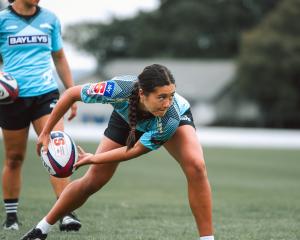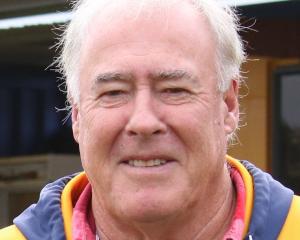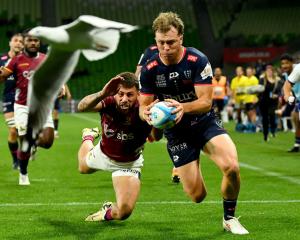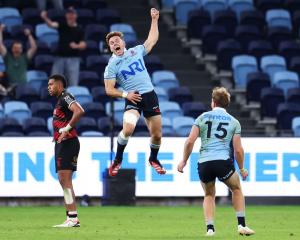Otago has produced its fair share of trailblazers in the coaching ranks. Lois Muir, Vic Cavanagh and Glenn Turner come to mind.
But whether that means Otago and the South in general are producing way more national coaches than similar areas around the country is hard to know.
The advent of a coach for a national team has been a relatively new concept for a lot of sports.
Football is the sport which for a long time has had a manager who is a central figure in a team.
A lot of other sports - which includes the most popular team sports in New Zealand: rugby, league, cricket and netball - did not have coaches.
The late Fred Allen was seen as the first real All Black coach, in the late 1960s.
Before then coaches or selectors were appointed but many of them were more of an off-field organiser and had no real input into the playing style of the team.
The team was coached by the captain or a set of senior players.
Otago rugby pioneer Jimmy Duncan was said to have been virtually ignored by the players on the Invincibles 1905-06 tour.
Same with the Invincibles in 1924-25. The only official on tour was board chairman Stan Dean, who did little to the team.
But as sport evolved, the coaches have become more and more predominant.
That started with Allen and these days the appointment of the All Black coach, or any coach of a big sporting team, is seen as similar to the election of the prime minister.
Since Allen's three years in charge, there have been 15 All Black coaches and just two of them from the south - Eric Watson and Laurie Mains.
Of the rest, four have been from Canterbury and three from Auckland, which is pretty standard, considering the dominance of these two provinces in New Zealand rugby over the years.
Dunedin's Lois Muir was the first well known national netball coach and reigned for more than a dozen years.
But since she moved on in 1988, no-one from this neck of the woods has coached the Silver Ferns until Southby's appointment.
Glenn Turner was the first real coach of the New Zealand men's cricket team in the 1980s.
All up there have been a dozen cricket coaches for the national team and three of them - Turner, Warren Lees and Mike Hesson - have come from Otago.
That is better than average and the most startling statistic about those dozen coaches is that not one of them is strictly Auckland-bred.
Other coaches from this neck of the woods who have done well include Duncan Laing in swimming, while Carl Dickel coached the New Zealand women's basketball team.
But becoming a coach often does not depend on where you come from.
One could quote all day about Southern values and doggedness.
But Colin Meads was competitive and never gave in, and he came from King Country - many a mile from the South.
As the statistics show, becoming a coach is about timing more often that not, getting a break, and most importantly, having good players.











